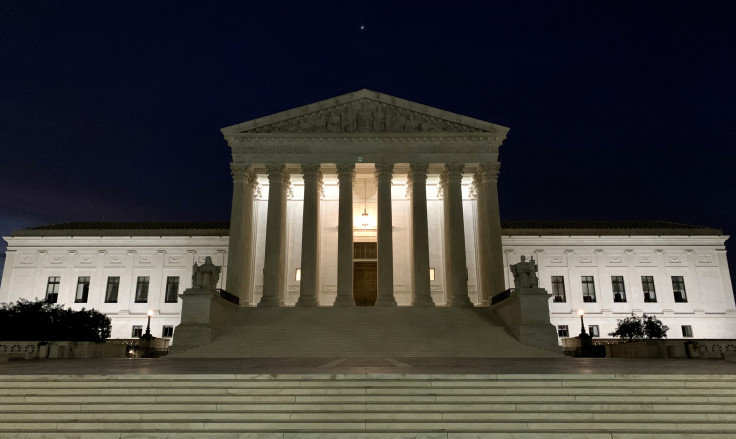High and Armed? Supreme Court to Decide If Drug Users' Gun Rights Are Protected by the Constitution

In a landmark challenge to federal gun-control law, the US Supreme Court has agreed to review whether the ban on firearm possession by illegal-drug users—under Section 922(g)(3) of the Gun Control Act—violates the Second Amendment right to keep and bear arms.
The case, which stems from a Texas prosecution, pits traditional firearms rights against modern drug policy and could redefine gun ownership for millions of Americans in states where recreational cannabis is legal.
The law, introduced during a wave of federal firearm reforms following the assassinations of Martin Luther King Jr. and Robert F. Kennedy, has been a longstanding tool for prosecutors in gun-related offences.
What The Case Entails
The litigation centres on United States v. Hemani, where a Texas man and dual US-Pakistani citizen, Ali Danial Hemani, was charged after federal agents found a Glock pistol, 60 grams of marijuana and 4.7 grams of cocaine in his home in 2022. Hemani admitted to being a regular marijuana user but was not accused of being under the influence at the time he possessed the firearm.
The lower federal court dismissed the indictment, and the United States Court of Appeals for the Fifth Circuit upheld that decision, holding that the blanket ban lacked a historical analogue required under the Court's 2022 decision in New York State Rifle & Pistol Association v. Bruen.
The government appealed, framing the restriction as targeting only those whose drug use poses a recognisable risk of firearm misuse, thus fitting within historical precedents for disarming dangerous groups.
Legal Framework and Historical Test
Under the Gun Control Act of 1968, 18 U.S.C. § 922(g)(3) prohibits firearm ownership by 'unlawful users of or addicts to any controlled substance'.
In Bruen, the Supreme Court established that any gun regulation must be consistent with the nation's 'historical tradition' of firearm regulation.
At issue is whether the drug-user ban meets that standard, or whether it is overly broad, covering users not under the influence or without other risk factors.
Broader Stakes and Political Context
The case comes at a time when drug policy and gun rights increasingly overlap. The same statute was used to prosecute Hunter Biden, former president Joe Biden's son, for purchasing a gun while using drugs. It was a charge that drew national attention to the reach of Section 922(g)(3).
While President Donald Trump's administration, despite its pro-gun reputation, sought to defend the law in court, gun-rights advocates see the case as an opportunity to challenge longstanding restrictions they view as inconsistent with the Constitution.
What Happens Next
It remains unclear how the Court will interpret the term 'unlawful user' in contexts where a substance is legal under state law but illegal federally.
The precise number of individuals affected by § 922(g)(3) is not publicly quantified — many estimates vary.
Some lower courts have distinguished between being 'under the influence' at the time of gun possession and mere historical or habitual use; the Supreme Court's approach to this distinction remains uncertain.
Arguments are expected in early 2026, with a decision likely by mid-year. A ruling in favour of the statute would affirm Congress's power to disarm certain classes under the Second Amendment.
In contrast, a ruling against it would expand gun rights for many in the changing drug-policy landscape.
© Copyright IBTimes 2025. All rights reserved.





















